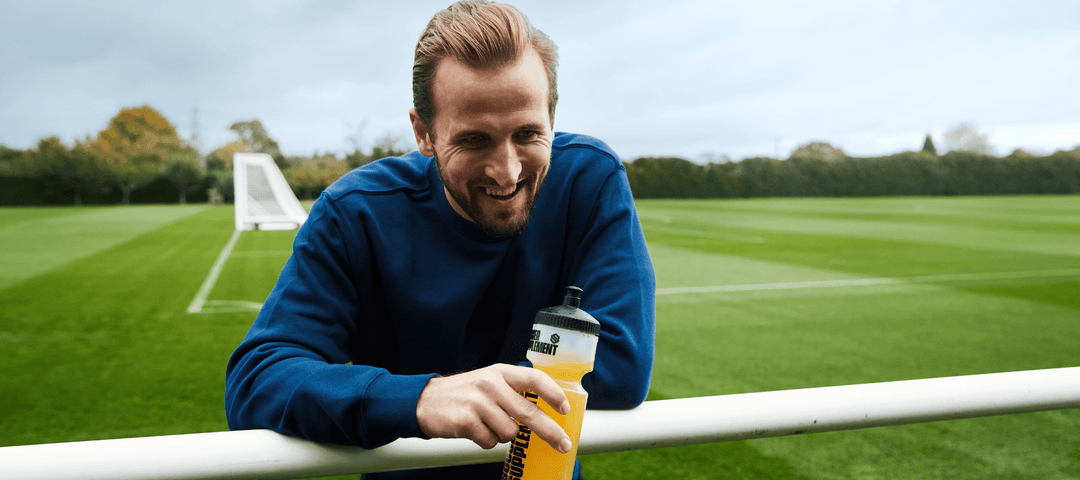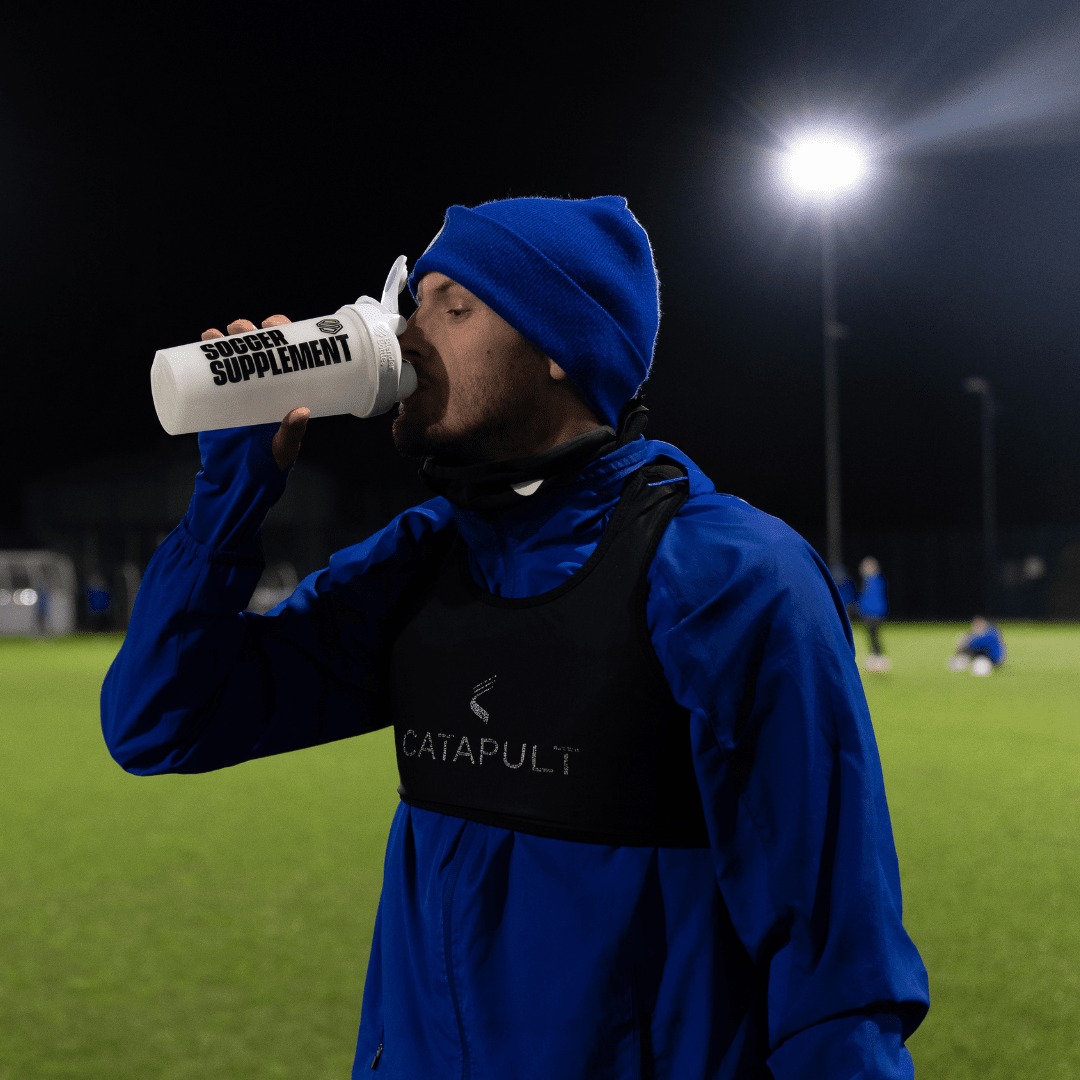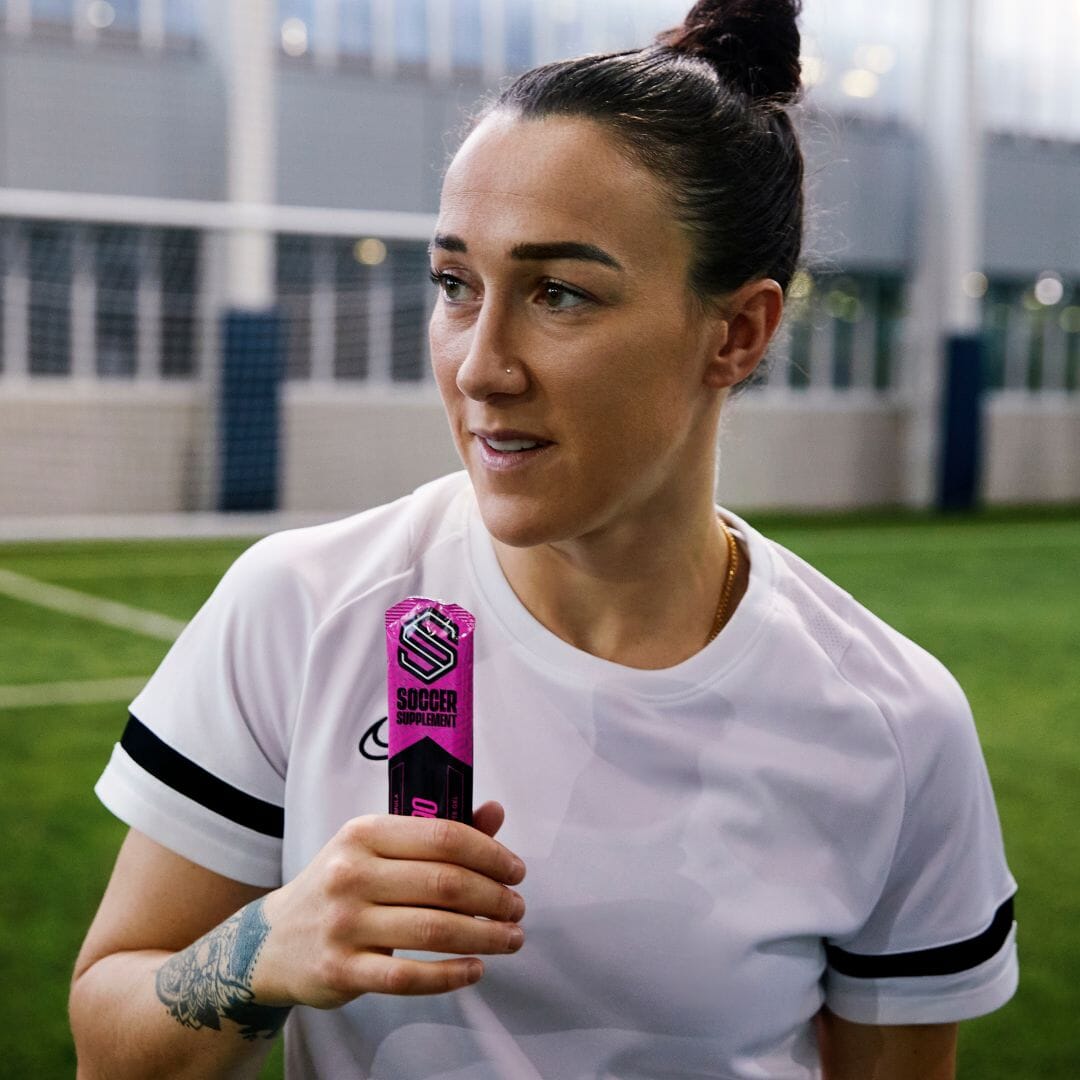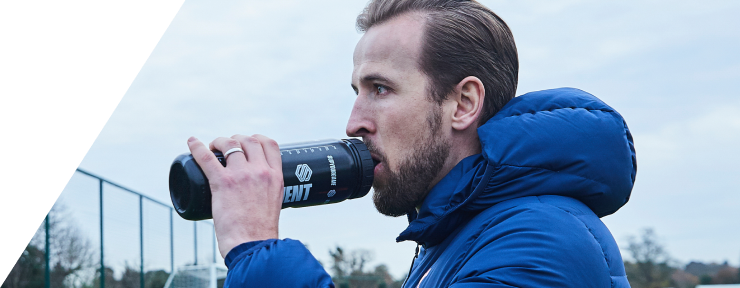In football, some things are inevitable. We aren’t talking about that 91st-minute equaliser or your feisty centre-back receiving a second yellow – today, we are talking about injuries.
No matter how careful you are, at some point you will be on the receiving end of a sprain, strain or bruise. This may be because of a poor warmup, bad footing, or an overenthusiastic tackle.
The majority of these injuries will be too minor to justify a trip to A&E, but they still hurt and they still have the potential to keep you out of action for some time. Luckily, many of these minor injuries can be treated at home with a little knowhow, allowing you to get back to playing as soon as possible.
In this article, we run you through some tried and tested techniques to treat and prevent minor football injuries. While the following advice is sensible and may suffice for many minor injuries, if you feel things aren’t improving or the pain is getting worse, always seek medical advice (usually by calling 111 if you live in the UK).
Have Some RICE
No, for once we are not talking about carbohydrates! On this occasion, RICE stands for Rest, Ice, Compress and Elevate. This is an effective structure used to treat many minor injuries, including knee and ankle sprains, muscle strains, dead legs, and shin splints.
The RICE method is most effective when used within the first day or so of the injury occurring – the sooner the better.
Rest
As the name suggests, you should first rest the injury. In other words, if it hurts, stop playing. Spend the next few days resting the affected area, while also protecting the area to avoid aggravating the injury further.
Ice
Next, apply ice to the affected area as soon as possible. Don’t apply ice directly the skin; instead, use an ice pack or a bag of frozen peas. Applying ice will help prevent or at least minimise swelling. You should do this for at least ten minutes, at least three times a day for three days.
Compress
After ice, it is time to compress the injury to help reduce the swelling. Strap the area with an elastic wrap bandage (you may need some help doing this). The wrap should feel snug but not tight, or you risk cutting off circulation to the area. If it feels uncomfortable or painful, remove it immediately and try again.
Elevate
When possible, elevate the joint above your heart, which will reduce blood flow to the area and further reduce swelling. This will obviously mean lying down with your feet up – and who ever said no to that?!
Consider Anti-Inflammatories
Depending on how severe the injury, you may be in some discomfort. Taking an over-the-counter painkiller can help to ease the pain suffered though minor footballing injuries.
Paracetamol can be used safely by most people, while nonsteroidal anti-inflammatory drugs (NSAIDs) such as ibuprofen can also help reduce pain and swelling. The latter can be found as gels or sprays that can be applied directly to the area of the injury.
Whatever you decide to take, always make sure you read the instructions to ensure you are taking the correct dose at the correct times. If in doubt, consult a chemist or medical professional.
Stretch and Strengthen
Eventually the pain will subside and you will begin to feel better. But this isn’t the time to jump straight back into playing.
Instead, spend some time dynamically stretching and strengthening the joint. This is important to do as soon as you feel comfortable, as it will help encourage blood flow back to the affected area, while increasing your range of motion and flexibility.
There are different methods to stretch different joints and listing every exercise goes beyond the scope of this guide. The best course of action is to look up guides and videos online – there is plenty of free instructional material worth checking out.
Whatever you do, make sure you start slowly, then increase the length and intensity of these exercises. Don’t go too hard too fast, otherwise you risk worsening the injury.
Depending on how bad the injury was and how well you treated it in the initial stages, you may also want to talk to a physiotherapist about rehabilitation.
Add Supplements to Your Arsenal
An often-overlooked approach to supporting the healing process and reducing the likelihood of football injuries in the first place is to focus on your nutrition. By giving your body the nutrients that it needs, it can be more reilient to begin with, and will be able to work more effectively and recover quicker should damage occur.
One such nutrient is protein. Protein plays a key role in many processes in the body and it is crucial for building and repairing muscles damaged during training and matches. Protein is found in lots of foods like meat, dairy, eggs, beans, lentils and tofu, but you can also take a protein supplement, such as our Whey Protein or Vegan Protein. These supplements offer 32g and 25g of protein per serving respectively, and can be a convenient way to get your protein in straight after a match.
Collagen is another important nutrient in terms of protecting your body against football injuries. Our bodies make collagen as a crucial protein for muscles and joints, but footballers need more repair in these areas than we can sometimes create. It's really difficult to get any collagen in your diet, so at Soccer Supplement, we offer a Collagen Repair Shot, which can support both injury rehabilitation and injury prevention when taken daily. Collagen for footballers is important – don’t overlook it!
Consuming an adequate supply of vitamins, minerals and other nutrients through a nutritious wholefoods-based diet is ideal, although perhaps not always easy for the busy footballer. This is when daily supplements can play a role in protecting your body from illness, inflammation and oxidative stress, which can all increase your chances of sustaining an injury.
While all vitamins are essential, vitamin D3 is an important nutrient in terms of injury prevention. Often known as the ‘sunshine vitamin’, vitamin D regulates calcium and phosphorus absorption, and is therefore vital for the maintenance of strong bones. Evidence suggests that low vitamin D levels in the body can increase the risk of stress fractures in athletes, so having enough of this vitamin is sensible if your aim is injury prevention.
While it can be found in foods like eggs and mushrooms, a convenient Vitamin D3 supplement will give you an easier way to ensure you are getting enough on a daily basis.
Finally, omega 3 is another nutrient to focus on for injury recovery. This essential fatty acid is understood to reduce inflammation, swelling and soreness, which can support post-match recovery. Omega 3 is found in many food sources (fatty fish, flaxseeds, walnuts), although our Omega 3 Capsules provide a convenient way to get in your daily dose.
If you take some of this advice on board you will be able to better navigate the unfortunate world of footballing injuries, and get back to full strength sooner.
As we have touched upon, prevention is always better than treatment. Read our complete guide to football conditioning to help prepare your body for the demands of football, while following a structured warmup strategy – as highlighted in our article on warming up for football – is also a smart move.










